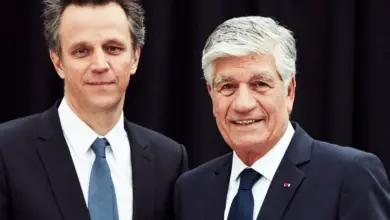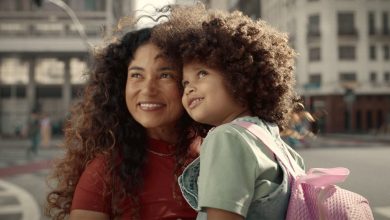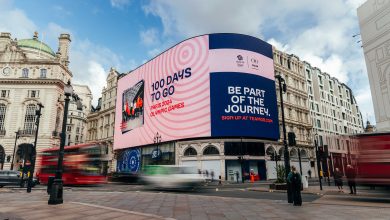Caroline Foster Kenny of IPG Mediabrands: why we should celebrate boldness in 2017
The theme of this year’s Cristal Festival was boldness – which is apposite, since boldness is an all too often overlooked marker of a quality that regularly guides brands to innovation, creativity and success. It’s a theme that has me thinking, in part because as chair of the media grand jury at the event, I’ve had to make it centre stage, but also because in 2017, it’s perhaps been more key than ever.
This year has been marked by growing fragmentation of platforms and audiences, not to mention seismic disruption in adland. So in the spirit of celebrating the impact boldness has had on brands over the past year, I’ve picked out my choice of three bold brands, and looked into why boldness has been an integral part of their success.
Tesla and Volvo
Over the past 12 months, a sector built on tweaks and edits to a basic car design that’s more than a hundred years old has suddenly thrown out the rulebook.
It’s not the established supercar makers leading the pack, either; relative newbies like Tesla are effectively lapping the luxury car marques in Italy and Germany. In November, Tesla unveiled the world’s fastest production car, the fully-electric Roadster 2, in a (literal) surprise reveal – emerging from the trailer at the launch of the company’s first electric truck.
Perhaps just as significantly for a mainstream audience, Volvo announced in July that from 2019 onwards, every vehicle it launches will have an electric motor. The internal combustion engine was one of the great inventions of the 20th century, but at long last it’s taking a back seat to something new.
Hopefully 2018 will see equally an equally ground-breaking communications strategy from both brands – after all, there’s everything to fight for.
Burger King
The fast food brand has a growing reputation for audacity, not least when it offered to join up with McDonald’s to create the McWhopper in 2016 for Peace Day.
This year it did so again in Argentina, directing customers to its competitor to help out the McHappy charity campaign. And if that weren’t enough, its Google Home of the Whopper featured a 15-second TV ad that was aimed at hijacking Google Home speakers in owners’ living rooms. After hearing the phrase “OK Google, what is the Whopper burger?” contained in the advert, the speaker would respond with the Whopper’s Wikipedia description, which had been edited with the advert in mind. Since Google Home cannot distinguish between its owner talking and a recording, it can be activated by overhearing television.
Bold, brave – and bang on when it comes to multi-platform consumer engagement at as a deep a level as a burger chain can get. It’ll be interesting to see how Burger King builds on this in the coming months.
Responsibly
Brands and companies that are ready to challenge conventions in order to innovate are leading the way at the moment and UBREW is a brand that had the guts to step out of sector norms and run with it. Ubrew is a small craft brewery in London and for its most recent campaign it cleverly named its new low alcohol beer “Responsibly,” taking advantage of other alcohol brands that have the much-advertised message, “Please Drink Responsibly.”
The campaign is clever, funny and doesn’t take itself too seriously. Not only did Ubrew get the word out about its existing range, it also made a name for itself in the growing market for low alcohol beers.
The brands I’ve picked out are diverse and from completely different verticals. But what unites them all is the intrinsic understanding that being bold and brave works; it positions the brand as part of a wider consciousness, the community at large, within the confines of that brand personality. And fundamentally, it can pay dividends, both creatively and commercially. Here’s to more boldness in 2018.











